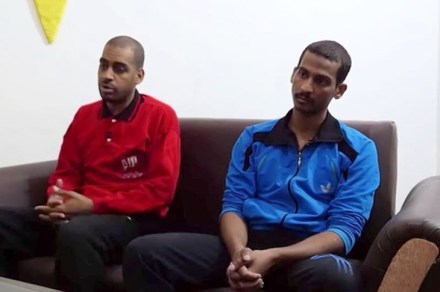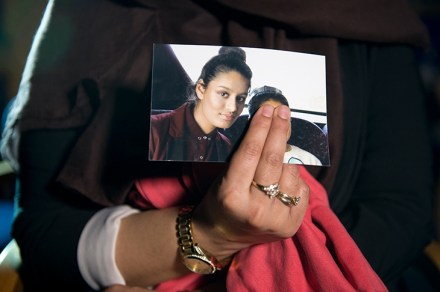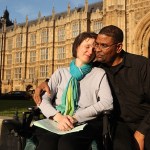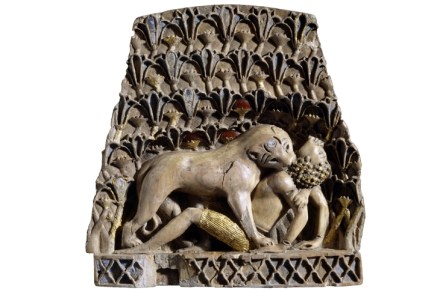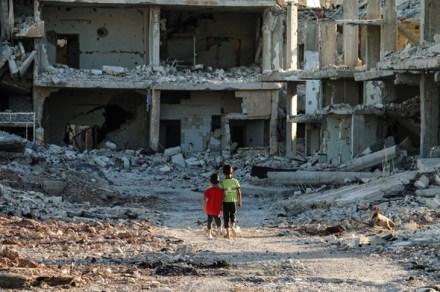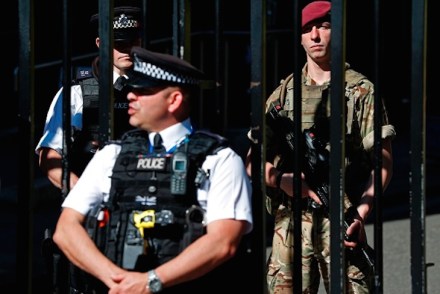A dark journey into a fanatical underworld
Two years ago, the counter-extremist analyst Julia Ebner decided she needed to delve deeper into the extremists trying to disrupt and destabilise our democracies. So the Austrian researcher invented five identities and joined a dozen secretive digital worlds of white nationalists, radical misogynists and jihadi women to explore their networks, their strategies and their recruitment techniques. This sobering book tells the tale of her journeys into a swampy underworld filled with fanatics and fantasists. Many of the people she came across seem like the saddest of losers. She joins a white nationalist dating site — motto ‘Love your race and procreate’ — where people admit they received ‘negative’ feedback on





